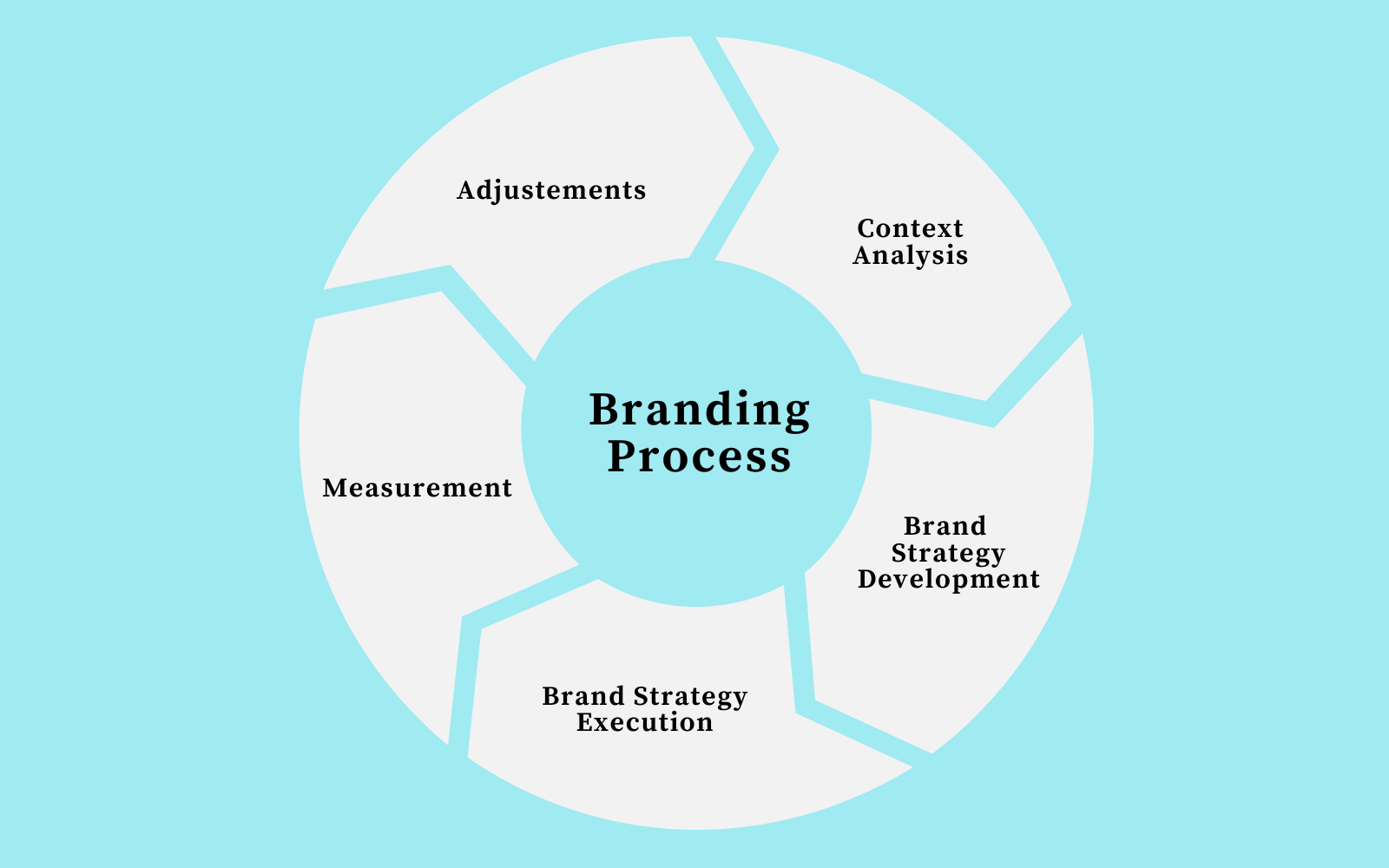Why Structure a Robust Branding Approach is Key to Service Success
Why Structure a Robust Branding Approach is Key to Service Success
Blog Article
Why Durable Branding Is Vital for Market Leadership
A well-defined brand name identity not just establishes a company apart from its opponents yet likewise cultivates trust fund and psychological connections with customers. What are the certain techniques that can elevate a brand to this well-regarded standing?
Comprehending Brand Identity
Continually acknowledging the importance of brand identification is critical for any kind of organization desiring accomplish market leadership. Brand identification encompasses the aesthetic elements, messaging, and total understanding that distinguish a firm from its competitors. It serves as a foundation for just how customers view and communicate with a brand, playing an important role fit their experiences and assumptions.
A well-defined brand name identification interacts the core values and goal of a company, developing a psychological link with its target market. Elements such as logos, color pattern, typography, and intonation should straighten cohesively to convey a regular message throughout all systems. This consistency reinforces brand name recognition and fosters client commitment.
In addition, brand identity is not just shallow; it mirrors the authenticity and stability of a company. It needs to be very carefully crafted to reverberate with the designated target market while continuing to be adaptable to progressing market trends. Organizations that focus on a solid brand name identity can successfully differentiate themselves, develop a positive credibility, and grow a devoted customer base. Inevitably, a robust brand identity is crucial for navigating competitive landscapes and maintaining long-lasting success.
Structure Consumer Trust
A strong brand identity prepares for developing client trust fund, an essential element in attaining market management. Trust fund is not merely a psychological response; it is a calculated asset that can substantially influence purchasing decisions and brand loyalty. Firms that cultivate openness, integrity, and uniformity in their messaging and actions foster a feeling of safety and security among customers.
To construct this depend on, brand names should provide on their guarantees. This implies making certain that product top quality satisfies consumer expectations which service experiences are positive and receptive. Furthermore, regular communication strengthens integrity; when clients recognize what to expect and that their problems will certainly be addressed, their self-confidence in the brand name strengthens.
Social proof also plays an essential role in establishing depend on. Favorable reviews, testimonials, and recommendations from reputable resources boost a brand name's reputation and can persuade prospective consumers. Furthermore, engaging with clients with social systems and resolving their problems publicly demonstrates accountability and commitment.
Distinction in Open Markets
In today's crowded market, distinction is crucial for brands seeking to attract attention and capture consumer interest. With many alternatives available, consumers are commonly overloaded, making it crucial for brand names to establish a distinct identification that reverberates with their target audience. This differentiation can materialize with numerous components, including product features, prices approaches, customer support, and brand name messaging.
Reliable distinction entails not just recognizing what makes a brand name special however likewise communicating these differences plainly and continually. Brand names must verbalize their value recommendation in such a way that addresses details customer demands and choices. A firm may focus on sustainability, innovative technology, or personalized customer experiences to carve out a specific niche in an affordable landscape.
Furthermore, brands ought to continuously analyze their competitive environment to adjust and refine their distinction approaches. This aggressive strategy makes sure that they continue to be appropriate and appealing to customers as market characteristics advance. Inevitably, robust branding that stresses differentiation not just fosters brand commitment yet also places a firm as a leader in its industry, leading the way for sustained growth and market supremacy.
Emotional Connections With Consumers
Emotional links work as an effective catalyst in building long lasting connections in between customers and brand names. It promotes loyalty that transcends simple transactional interactions when consumers resonate with a brand on an emotional level. Brands that successfully evoke emotions-- whether through narration, shared worths, or genuine involvement-- develop a feeling of belonging for their consumers.
These psychological connections can considerably influence buying decisions, as consumers are typically driven by feelings as opposed to reasoning. A brand name that straightens with customers' goals or addresses their discomfort factors see it here can grow a deep-rooted commitment that leads to repeat company and favorable word-of-mouth recommendations.
Additionally, psychological branding allows companies to differentiate themselves in crowded markets. By tapping into the beliefs of their target market, brand names can take an unique identity that resonates deeply, making them unforgettable and preferred over rivals.
In an age where customers are pestered with selections, a solid emotional connection can be the choosing consider brand preference. Thus, prioritizing emotional engagement is not simply an advertising tactic; it is a strategic vital for brand names seeking to develop significant relationships and boost client retention.
Long-Term Organization Success
Lasting company growth pivots on the ability to grow robust branding strategies that reverberate with consumers with time. A solid brand not only distinguishes a company from its competitors but additionally fosters commitment and trust among customers. This lasting relationship is necessary for this contact form guaranteeing repeat organization, which considerably adds to earnings security and growth.
In a progressively affordable marketplace, brands that interact a clear and regular message are most likely to thrive. This consistency strengthens brand name identification, making it easier for consumers to choose the brand and remember over others. Robust Branding. Therefore, a well-established brand can adjust to market adjustments without losing its core essence, permitting advancement without estranging loyal customers
Additionally, durable branding develops a platform for customer involvement, whereby companies can collect feedback and adapt their offerings appropriately. This repetitive procedure not just boosts customer fulfillment yet also develops a neighborhood around the brand name, cultivating go a feeling of belonging.
Conclusion

Organizations that focus on a solid brand name identification can successfully separate themselves, build a favorable online reputation, and grow a dedicated customer base.A solid brand name identification lays the foundation for developing consumer trust fund, a vital part in attaining market management. A strong brand not only distinguishes a business from its competitors but likewise promotes loyalty and count on amongst clients. As a result, a reputable brand can adjust to market changes without shedding its core significance, enabling for innovation without pushing away dedicated customers.

Report this page